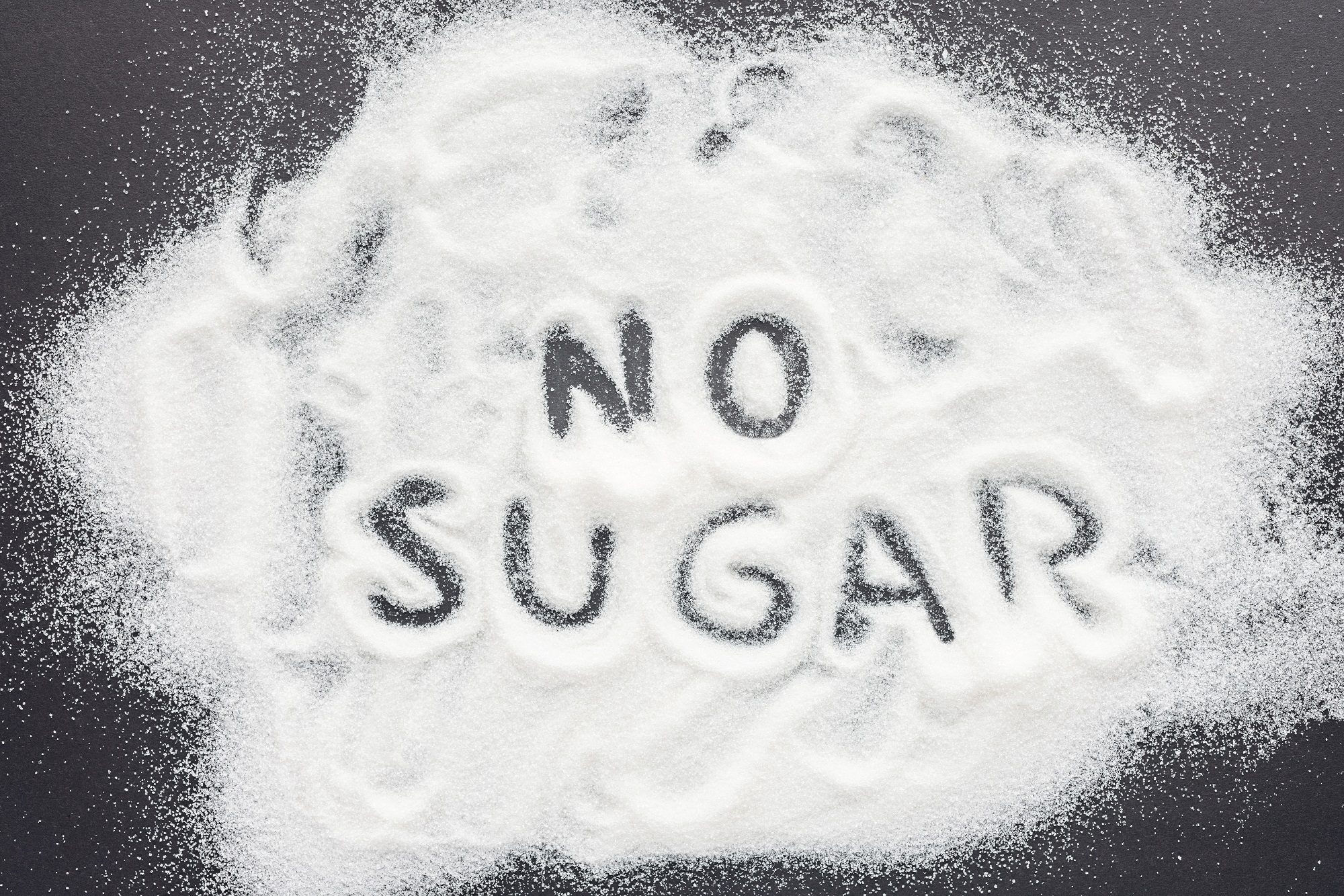
How to Limit Sugar in Your Elderly Loved One’s Diet
January 9, 2024How to Limit Sugar in Your Elderly Loved One’s Diet
All year, we dream of the delicious cookies, cakes, and desserts that only come around for the holiday season. For that month or so, we allow ourselves to indulge in our favorite dishes, even if it is to the detriment of our sugar and fat intake. This can be a challenge for seniors in particular, who may have a stricter diet due to health issues.
While it is okay to splurge every now and again, getting into the habit of consuming excessive amounts of sugar can be detrimental to one’s health. If this goes unchecked, the senior may develop insulin resistance, diabetes, and even fatty liver disease. Your loved one’s pre-existing conditions could even exacerbate these problems. Now that the holiday season is over, determining how to limit sugar in your elderly loved one’s diet will be beneficial to their overall health.
Don’t cut out sugar “cold turkey”
Our bodies have a baseline level of sugar they expect every day. If you cut sugar from your loved one’s diet all at once, they will experience withdrawal. Symptoms range from fatigue, to headaches, to mood changes. This is unpleasant to anyone, but especially those in cognitive decline/
Instead of cutting out sugar all at once, slowly limit your loved one’s sugar intake. Start by replacing sugary cereal with oatmeal and sugary drinks with no-sugar-added options. Limit the amount of baked goods they have in a day—for instance, if your loved one was having five cookies a day during the holiday season, limit it to three, then one.
Stay away from pre-packaged goods
To preserve flavor and texture, most pre-packaged foods are chock-full of sugar and salt. Not to mention, these items may also be loaded with artificial chemicals and preservatives. When thinking of snacks for your loved one, do your best to stick to fresh fruits, vegetables, and nuts. If you do purchase pre-packaged goods, make a point to read the label.
Don’t just rely on claims on the front of a box that the ingredients are “all natural.” Spend a minute looking at the ingredient list to ensure it is right for your elderly loved one.
Don’t use replacement sugars
When cutting back on sugar, you may think the solution is to turn to saccharin or aspartame. However, this could potentially cause more problems. Those who turn to artificial sweeteners often experience an increased appetite, poorly regulated blood sugar, an altered gut microbiome, and an increased risk of heart disease and cancer.
If you’re making something that has sugar in it, whether that’s a cup of coffee or bread, try using natural sugars instead. Coconut sugar, raw honey, and applesauce are all fantastic options. However, you should speak with your elderly loved one’s doctor before making any changes to their diet.
For help with meal preparation, consider Home Care Powered by AUAF
As a family caregiver, your responsibilities may feel endless. There are doctor’s appointments, chores to be fulfilled, medication to be picked up, and more. This doesn’t even begin to account for all you have to do to maintain your own life. If you struggle with the diverse array of duties that come with caring for an older adult, you could benefit from the support of an at-home caregiver.
For more than 30 years, Home Care Powered by AUAF has supported seniors and their families in the Chicago area. Our caregivers assist seniors with all the non-medical activities of daily living they require help with, from bathing to preparing healthy meals. If you’d like to learn more about how home care services could improve your quality of life, give us a call at (773) 274-9262.
Articles:
-
How to Use FaceTime: a Senior’s Guide
March 20th, 2024 -
The Best Organic Cleaning Products for Caregivers
March 19th, 2024 -
Celebrating St. Patrick’s Day with Seniors
March 14th, 2024 -
Intellectual Activities for Seniors to Keep their Brains Stimulated
March 13th, 2024 -
Tips for Communicating with Seniors with Hearing Loss
March 12th, 2024 -
How to Learn a New Language as an Older Adult
March 7th, 2024 -
Foods that Support Bone Health in Seniors
March 6th, 2024 -
A Note to Our Staff for Caregiver Appreciation Day
March 1st, 2024 -
The Importance of a Senior/Caregiver Bond
February 21st, 2024 -
Recreational Sports as Fitness for Seniors
February 27th, 2024 -
Exploring the Wonders of Reminiscence Therapy
February 15th, 2024 -
Staying Educated on Alzheimer’s Disease and Dementia Care
February 14th, 2024
Call Now! 773.274.9262






